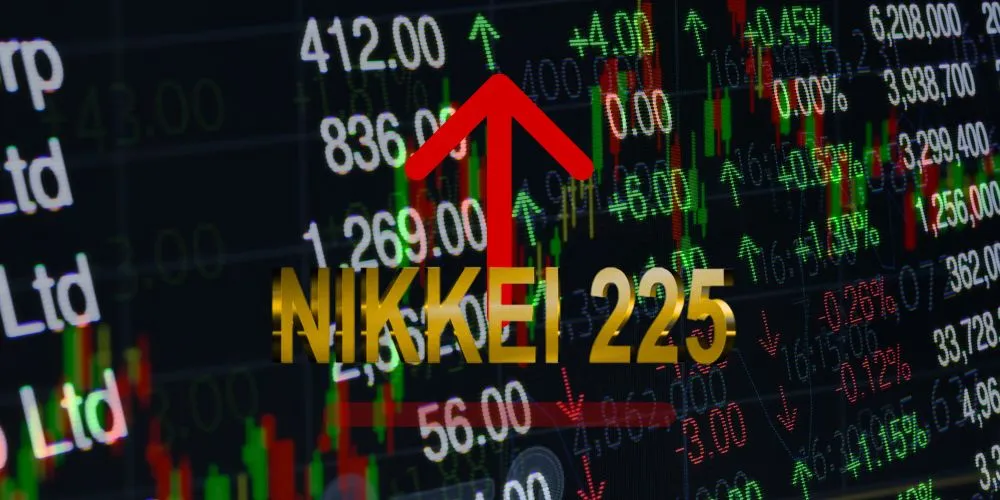In the Asian market scene, a divergence in performance was witnessed, with the Nikkei 225 in Japan soaring to gain. Meanwhile, Chinese markets experienced a slowdown in their recent rebound, influenced by weaker-than-expected inflation data and notable losses in tech giant Alibaba Group.
Japan’s Nikkei 225 emerged as the day’s top performer, edging closer to a 34-year high with a 1.7% surge. A significant contribution came from technology stocks, particularly the investment conglomerate SoftBank Group Corp., which experienced an impressive nearly 10% bounce. Japanese tech firms, including Advantest Corp. and Tokyo Electron Ltd., posted 7% and 2.7% gains, respectively. The automotive giant Toyota Motor also marked a nearly 4% rise, hitting a record high for the third consecutive session following robust quarterly earnings.
On the broader Asian front, Australia’s ASX 200 rose by 0.5%, nearing a record high, and South Korea’s KOSPI gained 0.6%, primarily driven by advancements in tech stocks, especially heavyweight chipmakers.
In contrast, Chinese stocks faced challenges as the rebound rally appeared to lose momentum. The Shanghai Composite managed a 0.9% rise, supported by strength in financial and industrial stocks, but the Shanghai Shenzhen CSI 300 index remained flat. Weak inflation data, revealing less-than-expected growth in Chinese consumer inflation and a continued shrinkage in producer inflation, contributed to concerns about deflationary risks and presented headwinds for the Chinese economy.
Alibaba Group was the standout underperformer of the day, as the e-commerce giant’s shares fell nearly 6% in Hong Kong after reporting weaker-than-expected earnings for the December quarter. Alibaba’s disappointing results were attributed to sluggish consumer spending and increased competition from newer entrants in online retailing.
As Alibaba announced a $25 billion increase in its share repurchase program to boost sentiment, the move had a limited impact on the stock’s performance. The overall mixed market sentiment set a cautious tone as Hong Kong’s Hang Seng index declined by 1.1%, marking it the worst-performing index in Asia for the day.
The broader concerns around economic weakness, consumer spending, and increased competition continue to shape the landscape for Asian markets, creating a nuanced and diverse trading environment.





